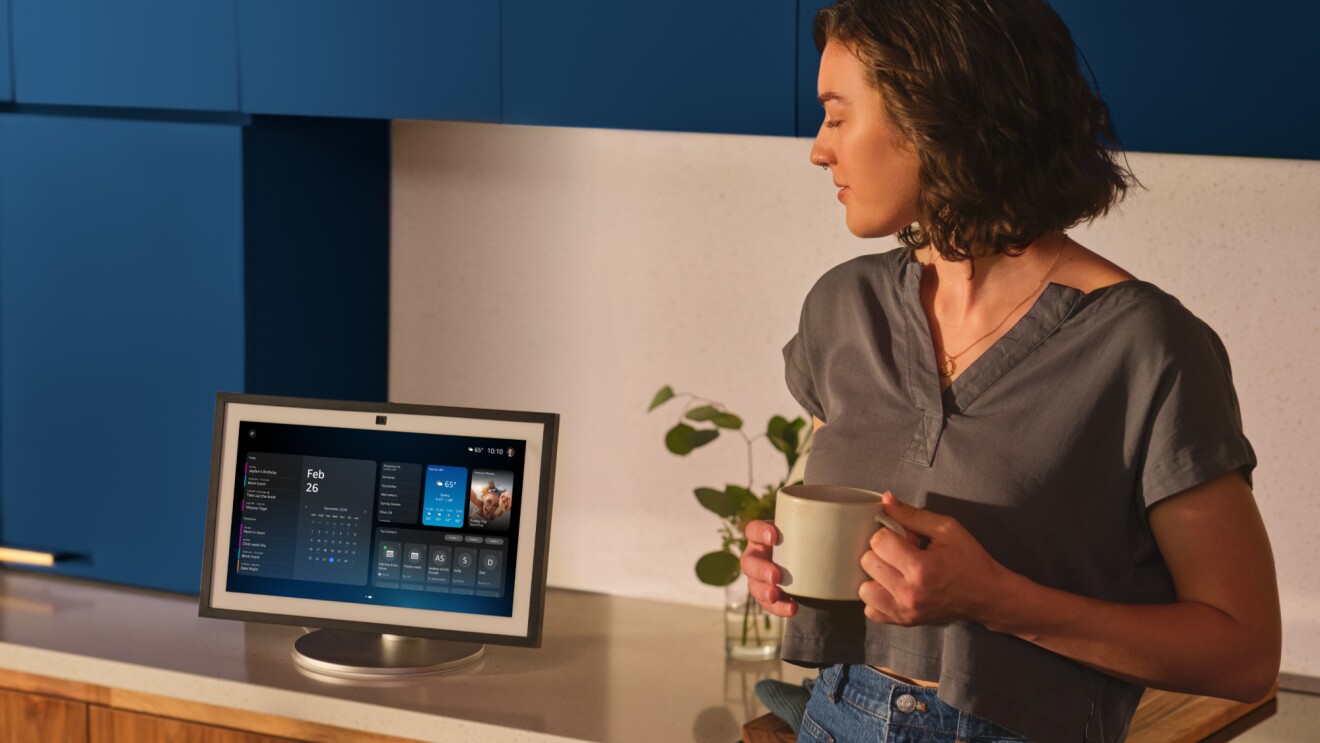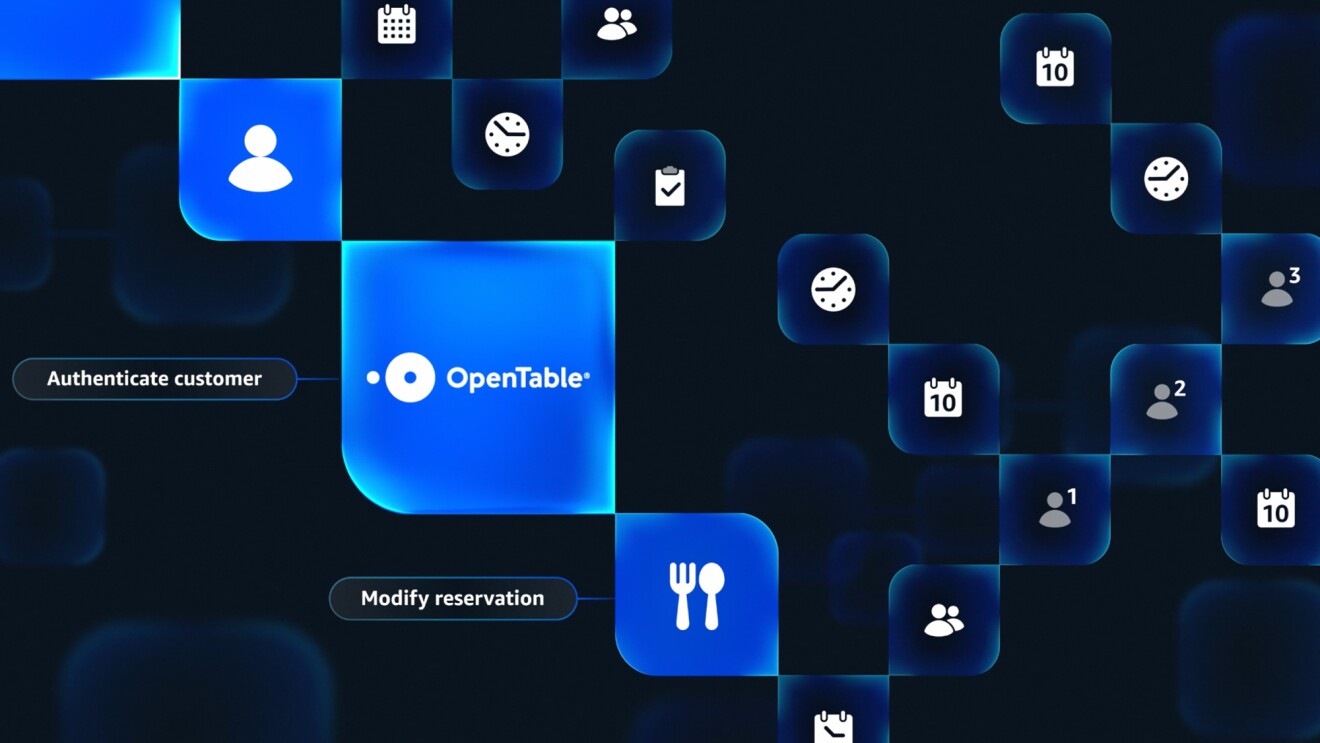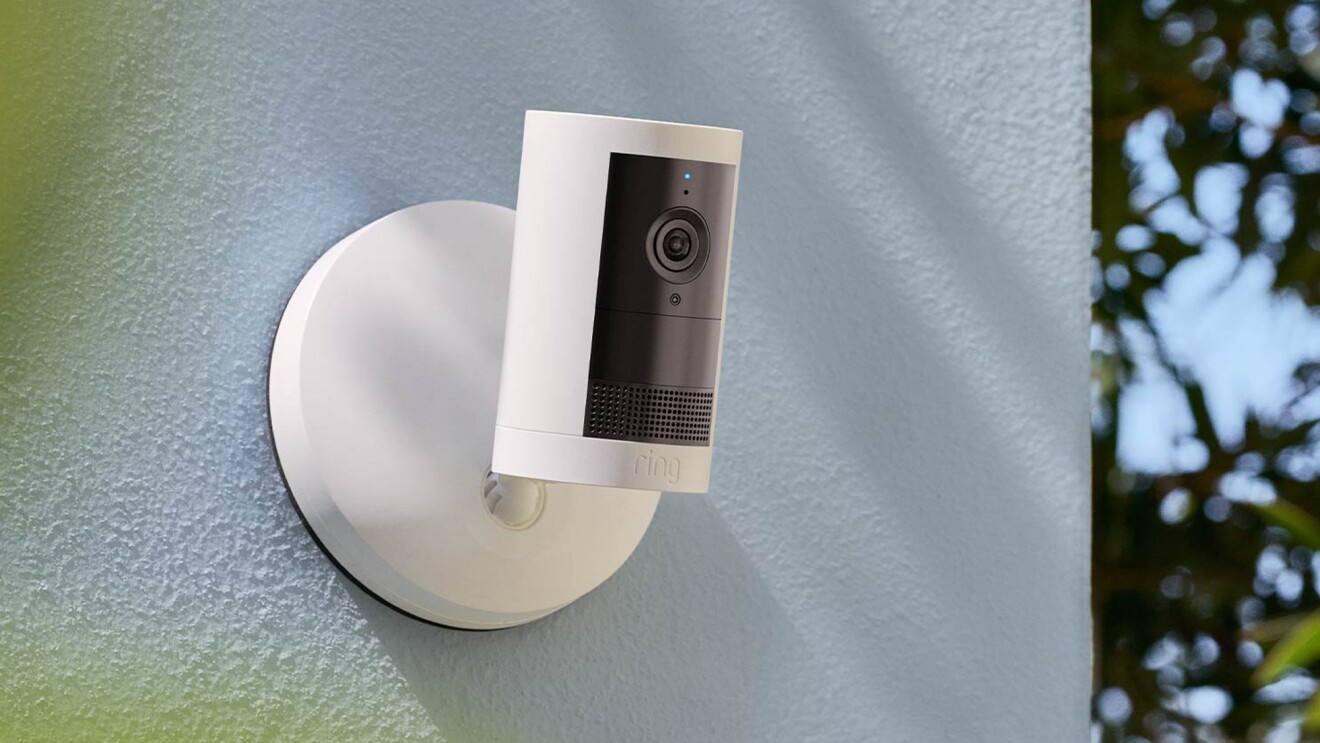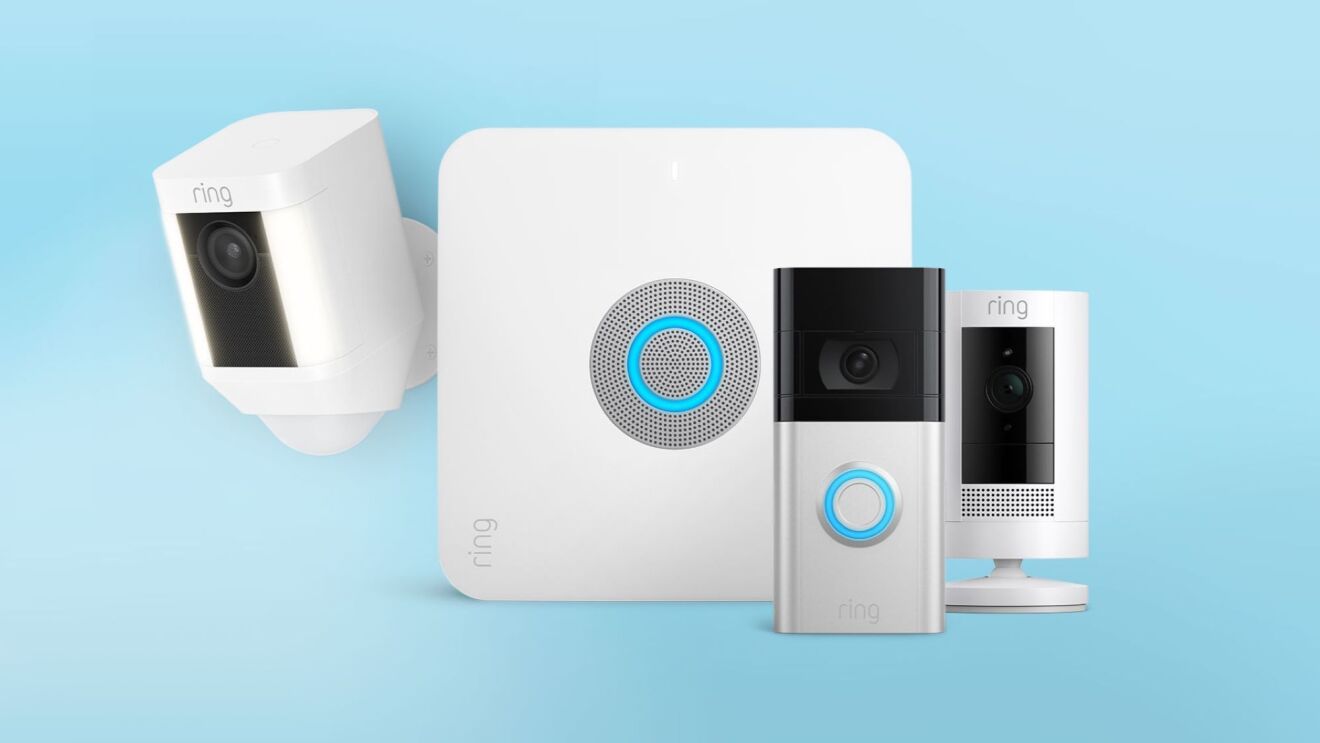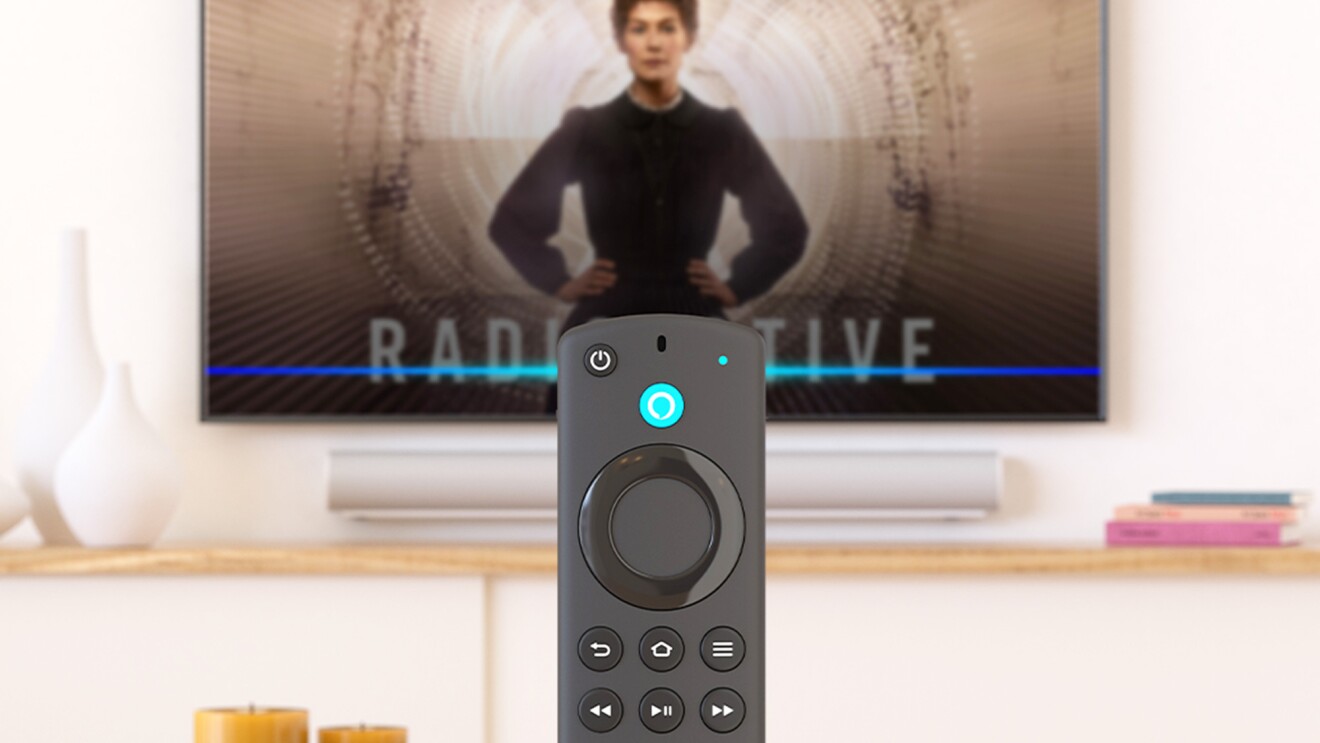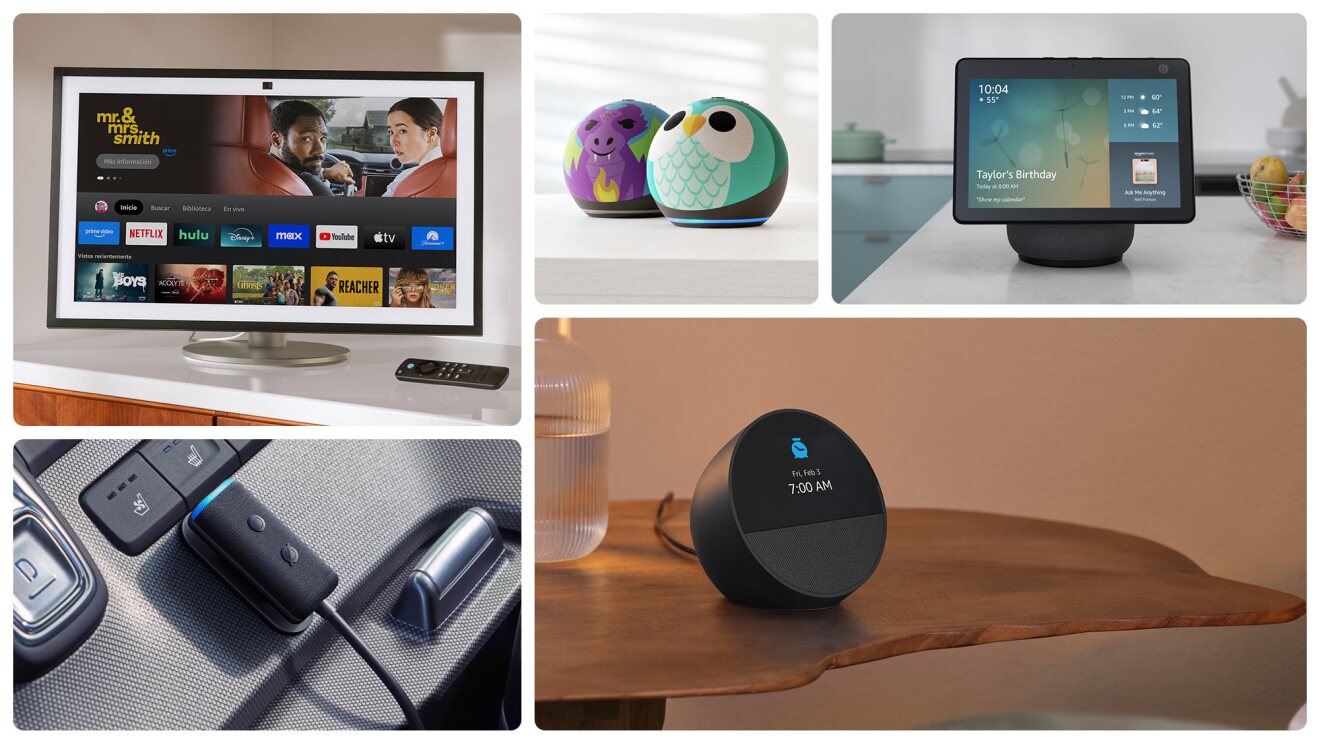The Alexa Voice Service was an honored guest at this year’s Seattle Black Music Summit, where the possibilities of the Alexa Skills Kit – which allows developers to add new skills to Alexa—were displayed in a video featuring Sir Mix-a-lot, members of the Africatown innovation community, and Amazon engineers.
As a part of this year’s summit theme, the intersection of music and technology, summit organizer and Hack Nation cofounder Wyking Garrett and the City of Seattle’s Startup Advocate, David Harris, sat down with long-time technologist Sir Mix-A-Lot and his manager Ricardo Frazer to help the iconic Seattle rapper realize an idea to improve workflow in the studio with voice technology.
When Garrett and Harris put out the call for engineers, Thomas Phillips, Michael Dorsey, Jr. and Sebastian Blissett all agreed that Amazon’s Alexa could do it. “We jumped at the opportunity to see what kind of magic could happen with it," said Blissett, a Software Development Engineer for Alexa. The team got to work, and within four or five hours, Mix was executing commands with the Amazon Echo, Amazon’s hands-free, voice-controlled speaker.
"Alexa is open,” explained Blissett, “Which makes it easy for developers to integrate voice into their systems. It’s also hosted in the cloud, making it very powerful. The applications are limitless.” Mix praised the team, saying, “It was incredible to watch a dream come true in a matter of hours as opposed to years.” Previously, he had gone to several technology shows, looking for companies and developers that could make a voice device to control his studio software. Each time, he was told that it wasn't possible, and that the technology was not there yet. One company had even requested $800,000 for a prototype.
Last year, Amazon donated Echo devices to the annual Hack the Central District - Cultural Innovation Conference, where members from their Black Employee Network (BEN) volunteered their skills to local entrepreneurs. Earlier this year BEN also organized the Black to the Future Hackathon, which gave black engineers like Phillips, Dorsey, and Blissett an opportunity to work together on innovative projects with local community organizations.
“This kind of collaboration is just what we envisioned when we began this work,” said Harris when asked about opportunities for other engineers. “Being in the middle of a tech hub like Seattle, we’re saturated with tech talent looking to express themselves in creative ways that benefit the communities they belong to.”
The team will continue to expand on the project, and will demo their progress at this year's Cultural Innovation Conference at the end of June.



